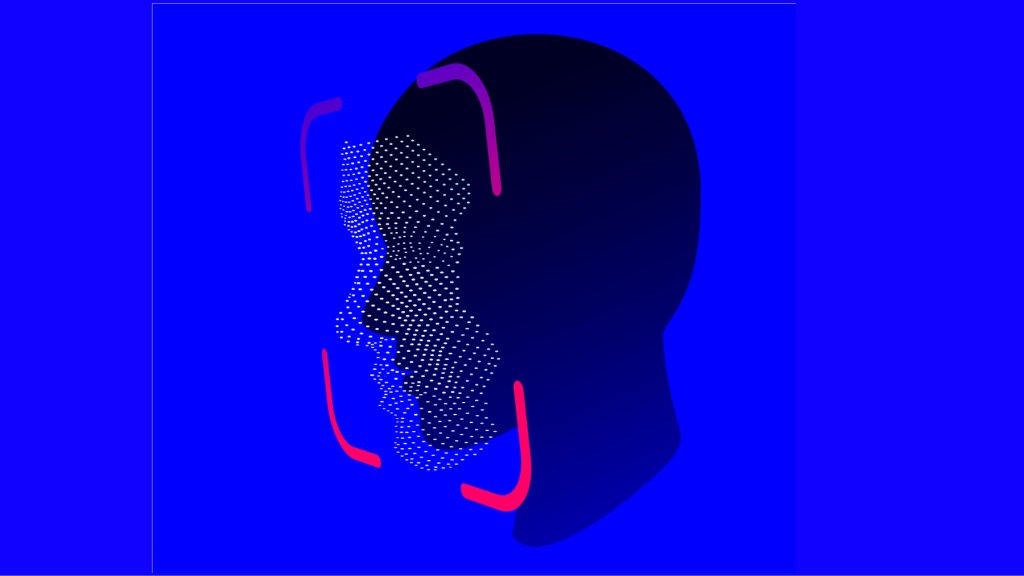 Facial Contactless Recognition Systems in Airports
Facial Contactless Recognition Systems in Airports To all travelers: try to sleep well, grab a really good coffee to wide open your eyes, and put on some make up (women out there, don’t feel targeted if you are confident about your face without it).
No more passports and boarding passes anymore?
New facial recognition software is being used at check-ins at airports, cruise ships, and theme parks. And since the Covid-19 pandemic is providing a more hygienic and contactless way to validate people’s identities. It’s also less time-consuming.
- Airports: The average boarding time has been reduced by 9 minutes per flight in Delta Air Lines since 2017.
- Cruise Ships: The software helps in accelerating the embarkation and disembarkation process. Since 2019, the average embarkation duration is lowered by 20 minutes per passenger in the Carnival Cruise Line, the world’s largest cruise line operator headquartered in Miami, Florida.
- Theme parks: The entry process has been faster due to the recognition system. The average entry has been diminished by 50% in Disney World to scan guests’ Magic bands since 2017.
No more standing for hours in the waiting lines.
No more holding 1000 document in one hand and scared to lose any of them.
So here is the new system
- Self-service facial recognition kiosks: The kiosks allow passengers to check in without interacting with a human employee. It helps in reducing wait times and improving the overall check-in experience.
- Mobile facial recognition apps: Without carrying the passports or boarding passes, and by just verifying the identities of the passengers using their smartphones. Some airlines and cruise lines are offering this new mobile facial recognition app.
- Integration with other biometric technologies: The software is incorporated with fingerprint scanners to provide accuracy and security. The fusion of facial recognition and fingerprint scanning to authenticate passengers at security checkpoints is just a winner.
In Abu Dhabi, United Arab Emirates, one can use the facial recognition system for the visitors to enter, buy food and souvenirs in the theme parks on Yas Island. So that the guests who sign up for the program need to only submit a selfie using an app that connects their images with their tickets.
But…
In the United States, Disney World said it tested facial recognition to enter parks in 2021 but decided not to keep using it.
Just a reminder that we are in the midst of Cyber security awareness month. So, the concern of the critics is on point; the facial recognition data could be used to track people’s movements.
“As with other sensitive data, like Social Security numbers, people’s images could be used by criminals, perhaps to impersonate people online or even create deepfake videos, said Nima Schei, chief executive of Hummingbirds AI, a start-up that works with facial recognition.”
IF…
So many ‘ifs’ raise here: If the biometric data got stolen or misused, if the facial recognition system shown less accuracy for certain demographic groups. What happens? If and if and….
We just need both innovative systems and robust regulations to respect our privacy and personal information, is that too much to ask for?!